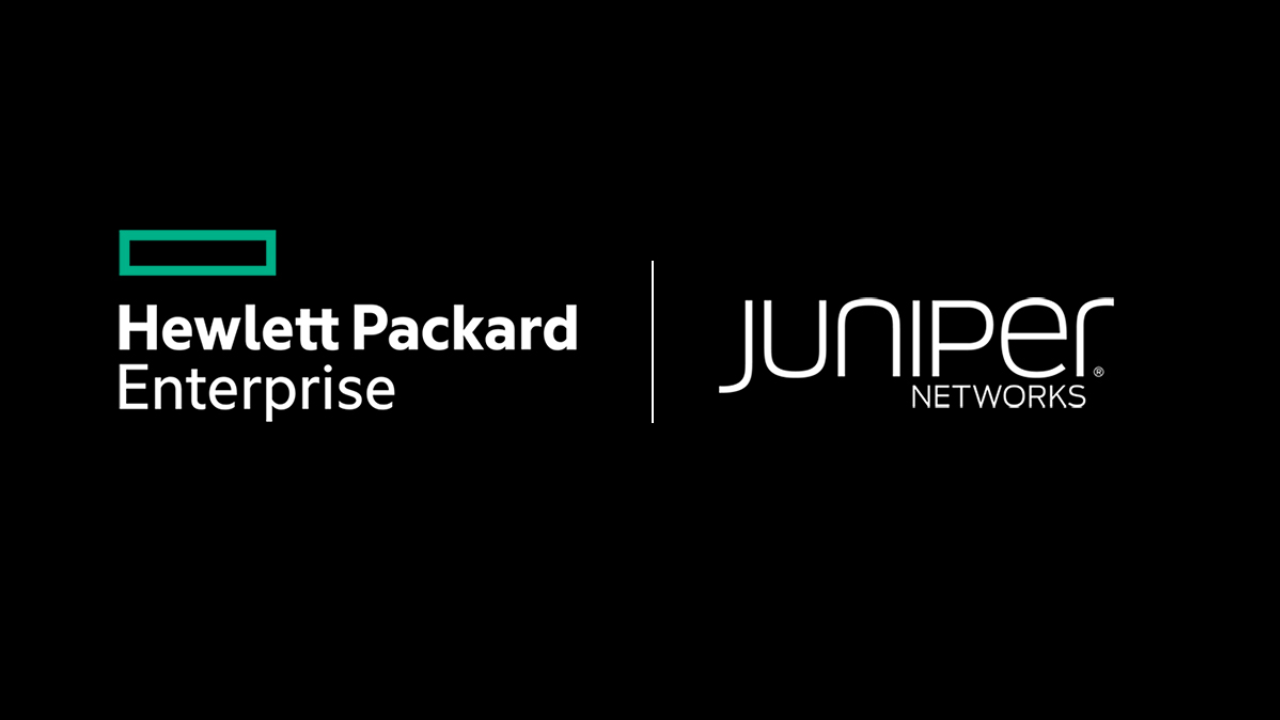The closing of the acquisition of Juniper Networks by Hewlett Packard Enterprise is more than just the consolidation of two networking companies. It signals that HPE is putting everything on the line: an IT future that will be defined by the convergence of hybrid cloud, security and artificial intelligence. The deal, worth $14 billion, has the potential to change the balance of power in the IT infrastructure market – and beyond.
HPE’s new position in the network market
The acquisition doubles the scale of HPE’s networking business, whose strength to date has been the Aruba brand in the campus solutions segment. Juniper, meanwhile, brings expertise in data centres, service providers and native AI solutions. The result is a portfolio that covers the entire cross-section of needs: from edge networks to data centres to cloud-based distributed environments.
This is not just product consolidation – it is a shift in strategic alignment. HPE is moving from being an IT infrastructure provider to being an integrator of modern network environments that are ‘built with and for artificial intelligence’. Positioned in this way, the offering is intended to meet the needs of customers deploying AI generative models, where networking becomes as critical as computing power.
The web as the foundation of the AI era
Artificial intelligence, especially the generative version, requires huge amounts of data and low latency. Traditional approaches to traffic and security management are no longer sufficient. The new architecture must be dynamic, scalable and – crucially – intelligent.
Juniper brings here its heritage in the area of so-called AI-native networking, with the Mist platform as an example of operations supported by machine learning. HPE intends to integrate this approach with GreenLake services and its own operational model to create a unified network and security management platform.
Against this backdrop, HPE strongly emphasises the uniqueness of its proposition: agent-based AI management in multi-tenant environments, a consistent user experience (UX) and operator experience, and a security engine integrated into the network rather than added externally.
A game for higher margins and a bigger market
The acquisition of Juniper is also a financially sound move. Juniper’s high-margin business is expected to increase the share of higher-profitability activities in HPE‘s structure. In practice, this means shifting the focus from traditional server and storage products to software, security and network services – areas with faster growth and better operating margin ratios.
The new HPE Networking segment, led by former Juniper CEO Rami Rahim, is expected to account for more than 50% of the company’s future operating income. For HPE, this is a significant change in operating model – closer to Cisco than Dell.
Challenges: integration, positioning, competition
While the strategic benefits are obvious, the challenges are not small either. First and foremost, HPE must seamlessly integrate the Juniper team – both operationally and culturally – while maintaining continuity of support for both companies’ customers. Added to this is the need to clearly position the new portfolio against the Aruba offering to avoid internal cannibalisation.
In the market, meanwhile, the competition is not sleeping. Cisco is already investing in AI in its network management and cyber security platforms. Dell is going deeper into partnerships with Nvidia and Broadcom. Startups such as Arista and Arrcus are gaining traction in cloud environments. HPE will not only have to prove its technological edge, but also build new channels to reach customers – especially those who have so far opted for more ‘software-based’ providers.
What next?
HPE today stands at the threshold of a transformation that could redefine its role in the IT ecosystem. The combination with Juniper Networks creates one of the most complete networking stacks on the market, ready to support cloud and AI needs. The key, however, will be how the company integrates technology, people and processes. The success of this operation could put HPE in a whole new league – not as an infrastructure provider, but as an integrator of intelligent IT environments.












